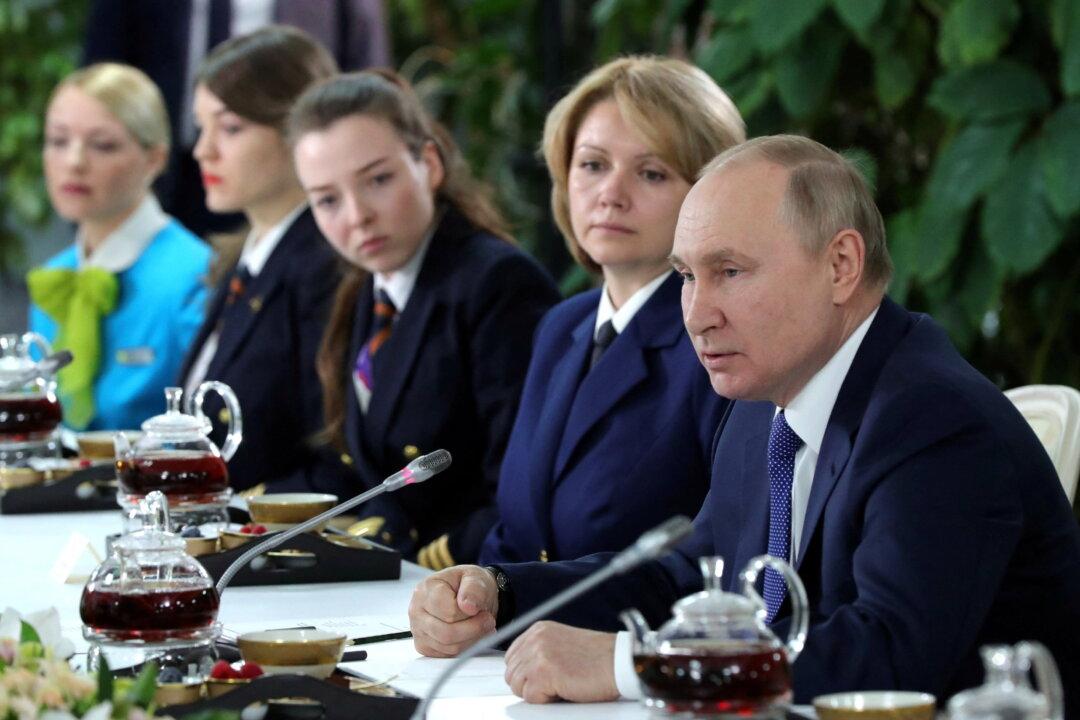A legislative commission led by the ruling party in Russia approved measures on March 8 that would pave the way for the nationalization of property of Western companies now exiting the country in protest of the military attacks on Ukraine.
United Russia, the dominant political party in the Russian parliament’s lower house, the State Duma, said that the measures seek to prevent bankruptcies and preserve jobs at organizations that are more than 25 percent foreign owned by entities of “unfriendly governments.”





